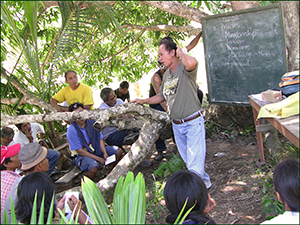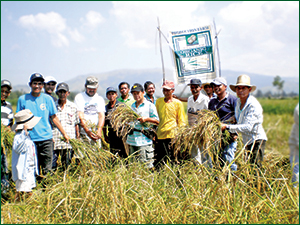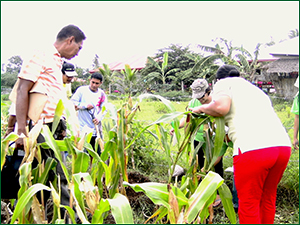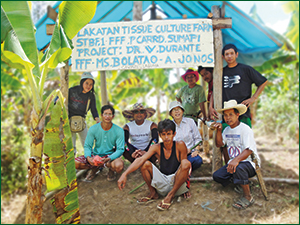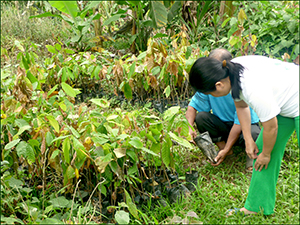The FFF implements various projects that enable farmer groups to directly benefit from research and technology packages provided by various institutions. Among these projects are the following:
The objective of the project is to enhance the incomes of participating farmers and the sustainability of their clusters by developing their marketing capacities and programs. By promoting a more market-oriented approach to production among cluster members, farmers will be able to produce the right varieties and quantities of products for pre-identified buyers with lessened risks of marketing failure. In turn, they will be able to enhance the quantity, quality and value of their products based on market needs. In the process, they will also be able to earn more financial rewards for their farming efforts. The clusters themselves will be able to generate revenues for their operations in exchange for providing marketing services to their members and/or engaging in profitable marketing operations themselves. An additional objective is to develop the institutional capacity of the FFF and FFFCI to undertake marketing development programs on a sustainable basis.



